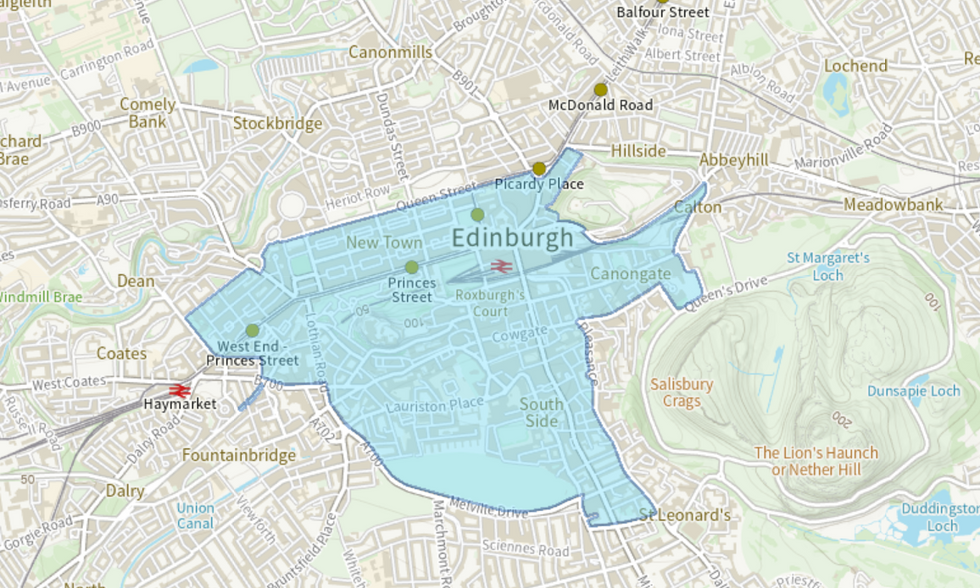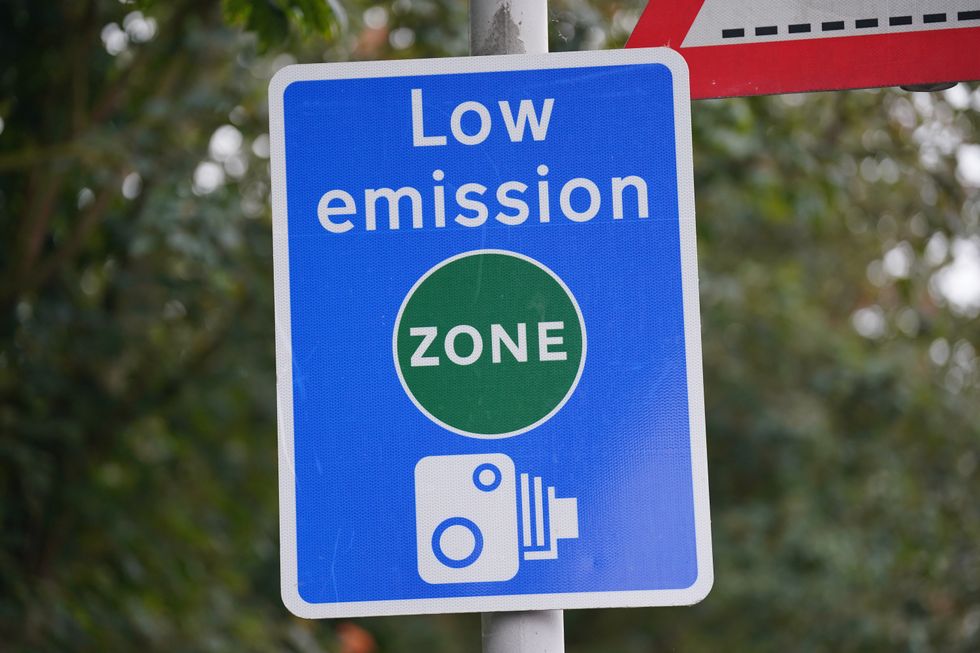Petrol and diesel car owners could be banned from parking in major city as 'bold' new steps are introduced

Parking inside the Low Emission Zone may be restricted for motorists
Don't Miss
Most Read
Latest
One of the UK's largest cities has unveiled new plans which could see drivers banned from parking across the region as a local authority looks to promote walking and cycling.
The move announced by Edinburgh City Council aims to reduce the number of private cars used in the Scottish capital and come on top of the existing Low Emission Zone rules.
Under the new plan, private car parking will not be permitted within the council's LEZ, except for accessible spaces. This bold initiative is part of a broader strategy to address climate change, improve air quality, and encourage sustainable transport options.
The plan also supports car-free or low-car parking developments in areas with good public transport accessibility.
Do you have a story you'd like to share? Get in touch by emailing motoring@gbnews.uk
 The Edinburgh LEZ boundary map | EDINBURGH CITY COUNCIL
The Edinburgh LEZ boundary map | EDINBURGH CITY COUNCILThe City Plan 2030 outlines several factors that will determine appropriate parking levels in new developments.
These include sustainable transport accessibility, proximity to the LEZ, and parking controls on neighbouring streets. The plan also considers the availability of shared mobility services, such as car clubs and cycle hire schemes.
For major new developments, the plan encourages the provision of conveniently located shared mobility services, potentially in mobility hubs near public transport stops. Smart electric vehicle charging provision is also a consideration.
The council aims to support private car parking-free developments in accessible central locations, including within and on the edge of the LEZ.
This approach aligns with Edinburgh's goal to reduce car dependency and promote more sustainable transport options.
Councillor James Dalgleish expressed his delight at the committee's approval of the City Plan 2030. He stated: "I'm delighted that [the] Committee has agreed our bold and ambitious City Plan 2030. It will allow us to guide sustainable development across Edinburgh after being considered by all councillors in a couple of weeks."
Dalgleish emphasised the plan's importance in addressing pressing issues, adding that when approved, “it will help us meet the very real challenges of climate change and population growth”.
The potential car ban comes as Edinburgh, like many cities, warned of significant challenges in the coming years. The local authority said it is grappling with the impacts of climate change, which are already being felt across the city.
In certain areas, traffic congestion and poor air quality are persistent problems. These issues not only affect the daily lives of residents but also impact the city's environment and attractiveness, the council noted.
The City Plan 2030 aims to improve Edinburgh's air quality through various measures. It hopes to promote a brownfield approach to development and supports the concept of 20-minute neighbourhoods.
The plan encourages a modal shift away from private car travel and supports zero carbon energy schemes. It also seeks to increase the city's capacity for air purification through green infrastructure proposals.
New developments will be guided to locations close to existing local amenities, reducing the need for car travel. Some developments will be required to provide new local amenities to further decrease car dependency.
LATEST DEVELOPMENTS:

The LEZ became active on June 1, 2023
| PAThe plan includes proposals for new and enhanced active travel and public transport routes. It establishes maximum parking limits for new developments and requires measures to promote active travel and shared mobility.










